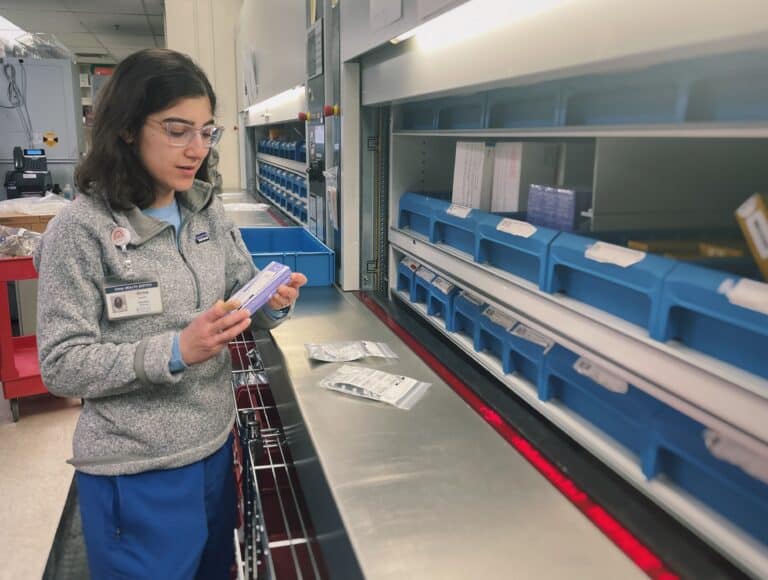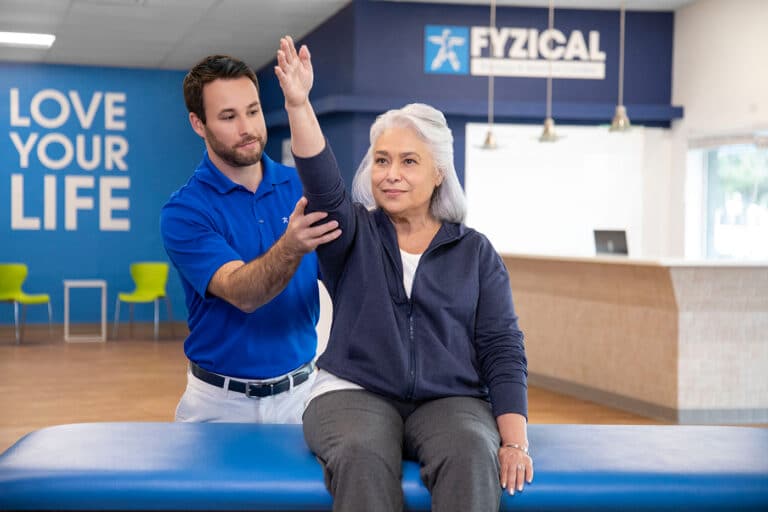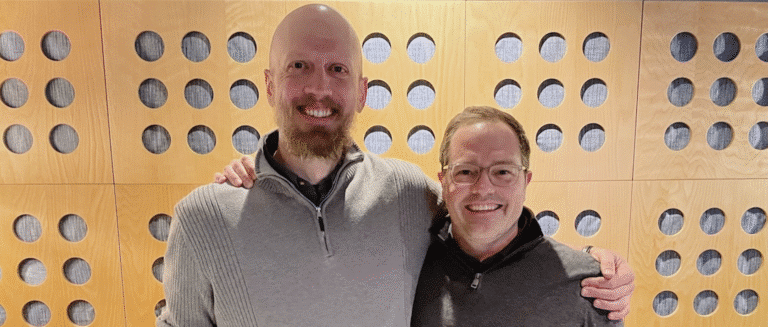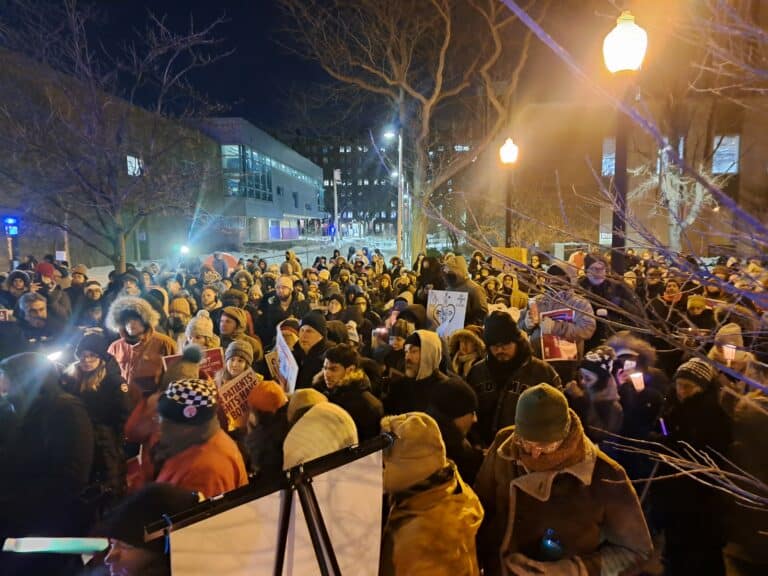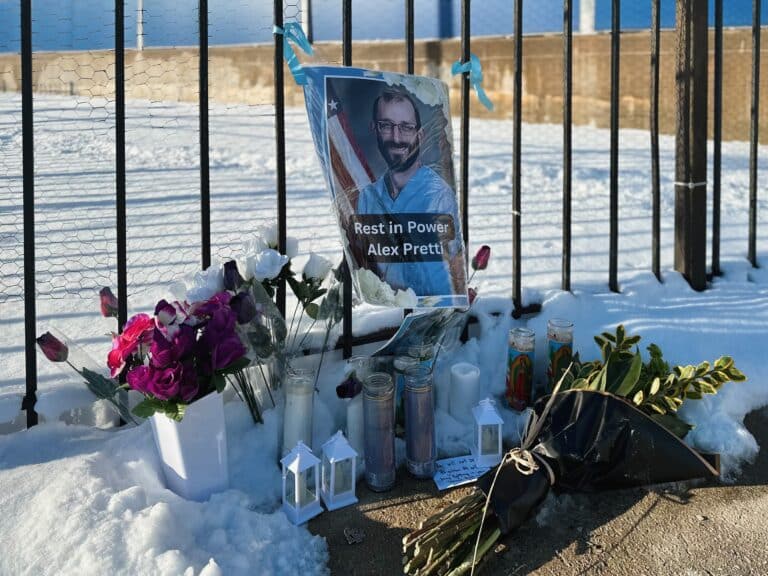Above photo courtesy of Rape Victim Advocates
Rape Victim Advocates Supports Survivors
By Megy Karydes
What would you do if you found yourself in a hospital’s emergency room after being raped? Should you demand an evidence collection kit? Did you know that a nurse cannot let the evidence collection kit out of her sight or it cannot be admissible in a court case? Is the hospital required to offer emergency contraception?
Rape Victim Advocates, a Chicago-based nonprofit, trains volunteers to serve as sexual-assault medical advocates, among other services. Volunteer advocates and staff provide crisis counseling and medical and legal advocacy to survivors who come in to one of the organization’s 14 partner hospitals. Advocates are available 24 hours a day, seven days a week, 365 days a year.
“Volunteers go through extensive training before they respond to a crisis at a hospital,” says Sharmili Majmudar, MSW, executive director of Rape Victim Advocates.
If the organization determines that a volunteer is a good fit, they undergo about 55 to 60 hours of training, well above the state standard of 40 hours. Then, volunteers make a one-year commitment, working two 12-hour shifts each month. Volunteers who can’t commit to the training can get involved in fundraising, public education and outreach,” Majmudar says.
“Our sexual assault medical advocates are there to interface with the medical staff, law enforcement and the survivor,” Majmudar says. “Their role is to advocate for the survivor’s agenda.”
For example, if a survivor’s clothing is taken as part of evidence collection, the volunteers retrieve new clothing stored at each hospital for the survivor to wear.
Services provided by Rape Victim Advocates are free. Ongoing support extends beyond the hospital experience, depending on how much support the survivor wants including legal advocacy, counseling, support groups and more.
With their extensive training and substantial time commitment, volunteer advocates provide support to help ensure that survivors of sexual assault are treated with dignity and compassion, enabling them to regain control over their lives.

